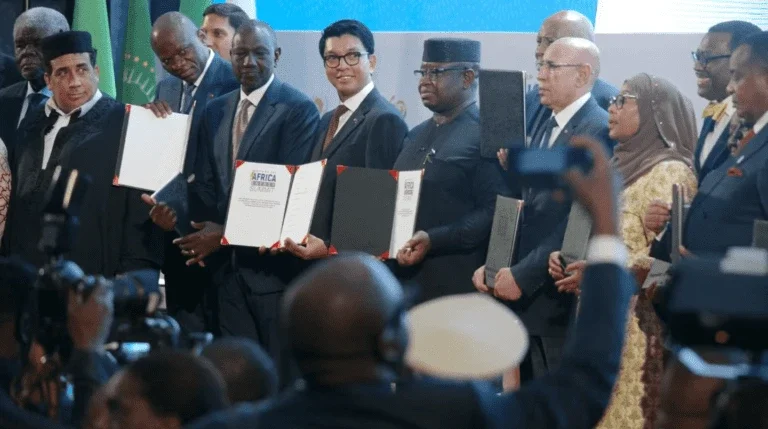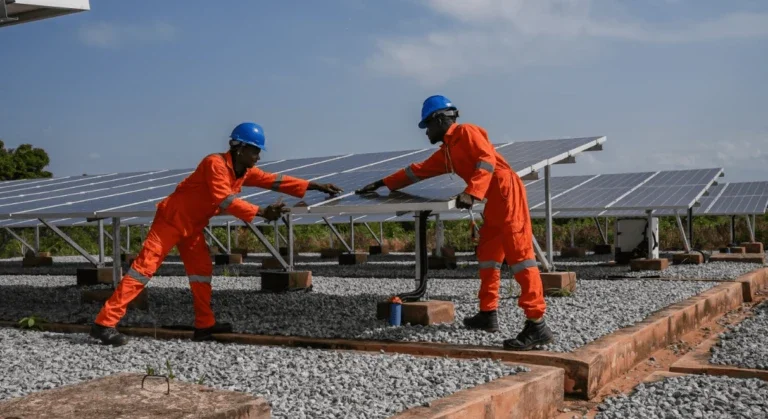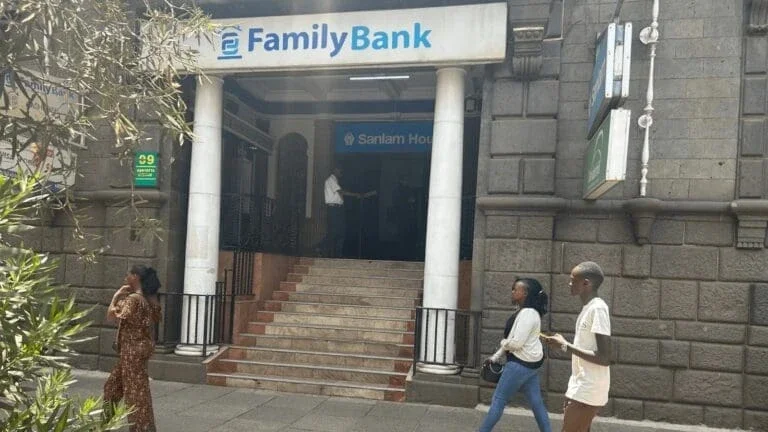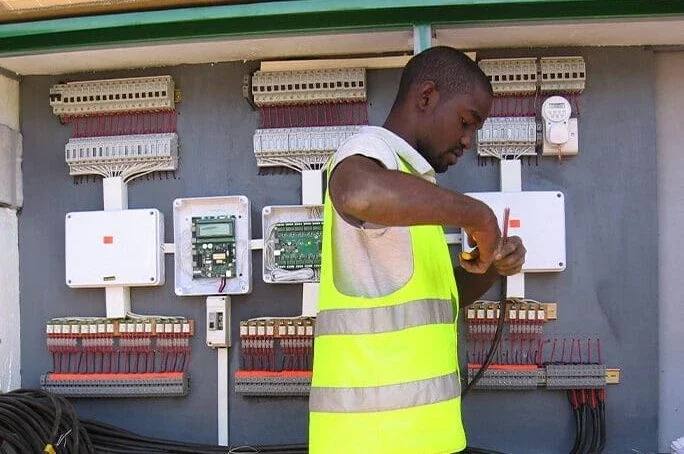Why it Matters
- ~0MillionMillion
people in Sub-Saharan Africa live without access to electricity
- ~0%%
of the world’s unelectrified population
- 0MillionMillion
people could be connected to electricity by 2030 through this initiative
The Impact of Electricity
Mission 300 will help:
- People. Electricity can transform everyday life across Africa, especially in isolated and vulnerable communities.
- Economies. Reliable, affordable, and sustainable energy creates jobs, raises incomes, and strengthens economic growth.
- Climate. Renewable energy reduces dependence on polluting fuels, advancing climate and health goals while meeting energy needs.
Learn more about how Nigeria is investing in innovative solutions to accelerate their renewable energy transition and provide a roadmap for the rest of the continent.
Updates From the Africa Energy Summit
Highlights From Day 2
The Mission 300 Africa Energy Summit, held January 27-28 in Tanzania, convened African and global leaders from the public, private, and philanthropic sectors to commit to the ambitious goal of accelerating energy access for 300 million people in Africa by 2030.
catch the replay
Read the Country Compacts
Twelve African countries presented their National Energy Compacts at the Summit, each identifying specific policy measures to address constraints across the energy sector and setting targets.
Explore the CompactsLearn More About Mission 300
What’s Different About Mission 300?
Mission 300 aims to bring electricity to 300 million Africans by 2030 through African leadership, increased funding, and accelerated partnerships.
Read More

How Everyone Can Get on Board With Mission 300
Mission 300, led by the World Bank Group and African Development Bank, aims to provide sustainable electricity to 300 million Africans by 2030 through African leadership, low-cost financing, and global collaboration.
Read MorePowering Africa's Future by 2030
At the Mission 300 African Energy Summit in Dar es Salaam, African leaders, in partnership with global organizations, will come together to drive momentum toward the goal of powering 300 million people by 2030.
Read More
Recent News
- Sep 20 2024GEAPP, Rockefeller Foundation, SEforALL Advance World Bank & AfDB Mission to Electrify 300 Million in Africa
- Aug 07 2024Rockefeller Foundation Green Power Gap: 8,700 Terawatt-Hours of Clean Energy Needed in 72 Countries
- Jun 21 2024Statement From Ashvin Dayal, Senior Vice President of Power & Climate at The Rockefeller Foundation, on Urgent Need To Accelerate Energy Transitions in Emerging and Developing Economies
